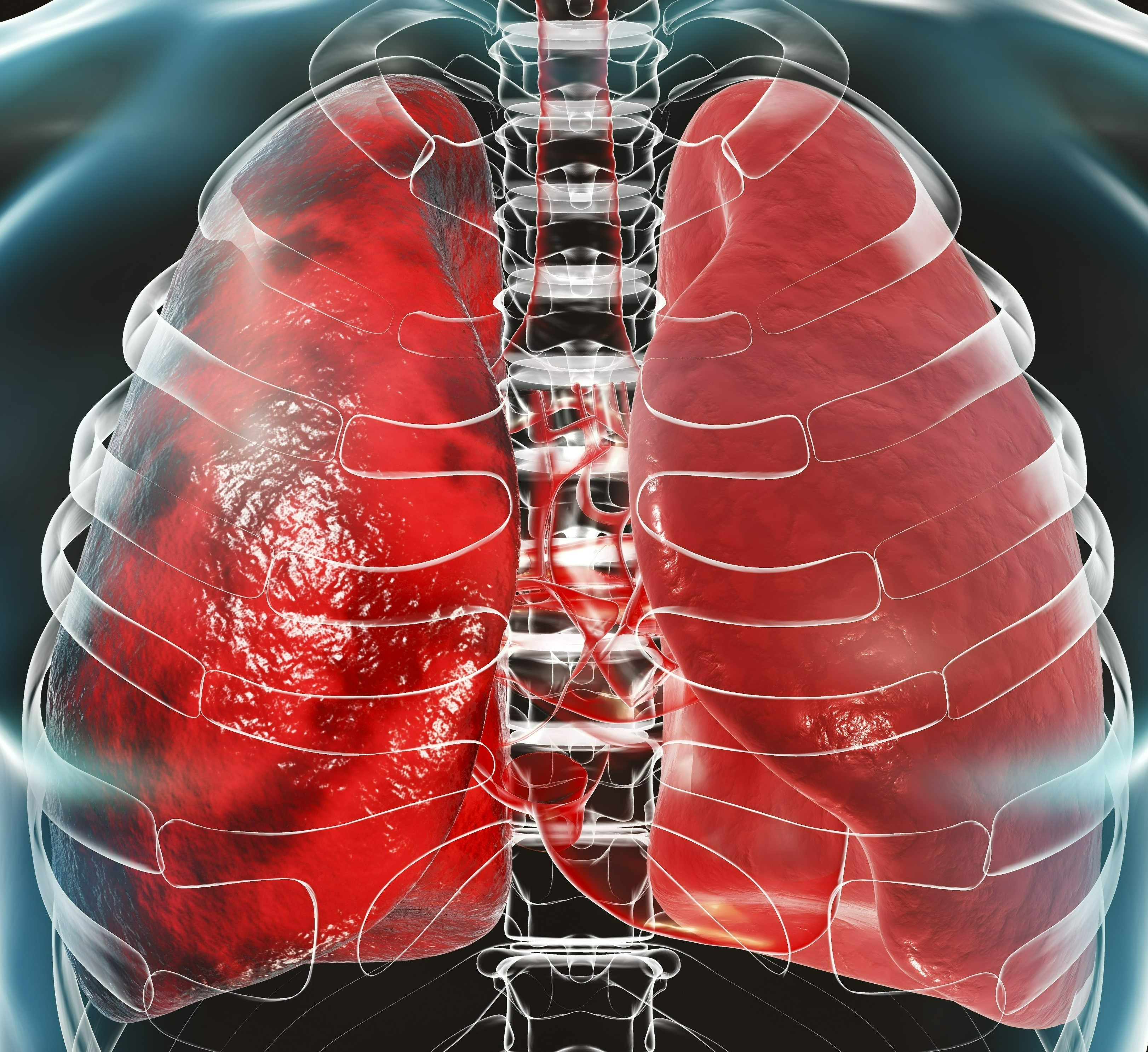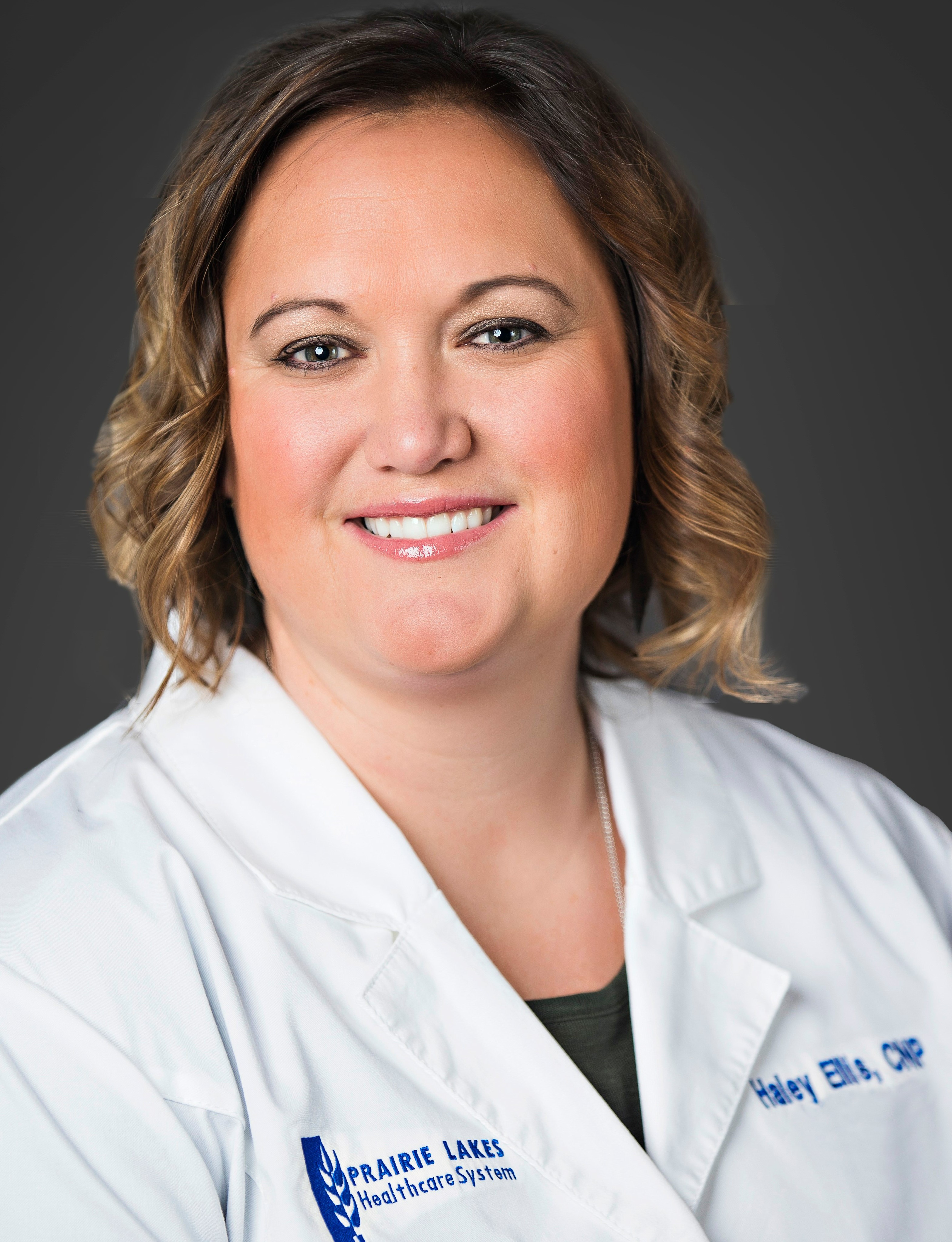Reduce Your COPD Risk, No Matter Where You Live
COPD, or chronic obstructive pulmonary disease, is a serious lung condition that affects millions of people. Also known as emphysema or chronic bronchitis, COPD causes breathing problems that can worsen over time.
Anyone can develop COPD, but smokers or ex-smokers and people who live in rural areas of the country tend to be more affected. In fact, rural residents are twice as likely to have COPD as people who live in large cities. They’re also more likely to be hospitalized or die from the disease compared to other Americans.
To help lower your risk, wherever you live, consider these steps from the National Heart, Lung, and Blood Institute (NHLBI).
Avoid Air Pollution
Air pollution may be a concern for many who live in rural areas. If you work on a farm, in mining, or in manufacturing, you may be at risk for COPD from environmental exposure to dust, fumes, or smoke, such as from wildfires. Talk to your employer about ways to limit exposure on the job.
Consider air pollution at home, too. Ventilate indoor spaces and clean often to prevent dust buildup. If you are burning wood or agricultural or solid waste, make sure appropriate ventilation is in place and working properly. Avoid using products with strong odors, which may contain chemicals that could irritate the lungs.
Don’t Smoke or Vape
Rural communities have higher rates of cigarette smoking, which could contribute to higher COPD rates. One of the most important things you can do to protect your lungs and those of the people around you is avoiding cigarette smoke. According to the Centers for Disease Control and Prevention, cigarette smoking is the main cause of COPD. If you smoke, it is never too late to quit.
Steer clear of vaping, too. E-cigarettes don’t contain tobacco, but they may contain chemicals that are just as harmful to your lungs.
Talk to a Healthcare Provider
If you smoke or used to smoke, work in a job that might put you at higher risk for COPD, or you or someone in your family has a genetic condition called alpha-1 antitrypsin deficiency, it’s important to talk to a healthcare provider about your risk and any symptoms you may have. These include coughing that may bring up lots of mucus, wheezing, chest tightness, and shortness of breath. Early diagnosis and treatment can help you breathe better. Haley Ellis, CNP- Pulmonology
Haley Ellis, CNP- Pulmonology
Ask your healthcare provider about getting vaccines for the flu and COVID-19, RSV if you’re over 60, and pneumococcal disease if you’re over 65. If you’re at risk for COPD, you’re more likely to have health problems from these vaccine-preventable illnesses.
Make an appointment today at the Prairie Lakes Pulmonology Clinic by calling 605-882-7777 if you feel like you are at risk of COPD. No referral is necessary.
